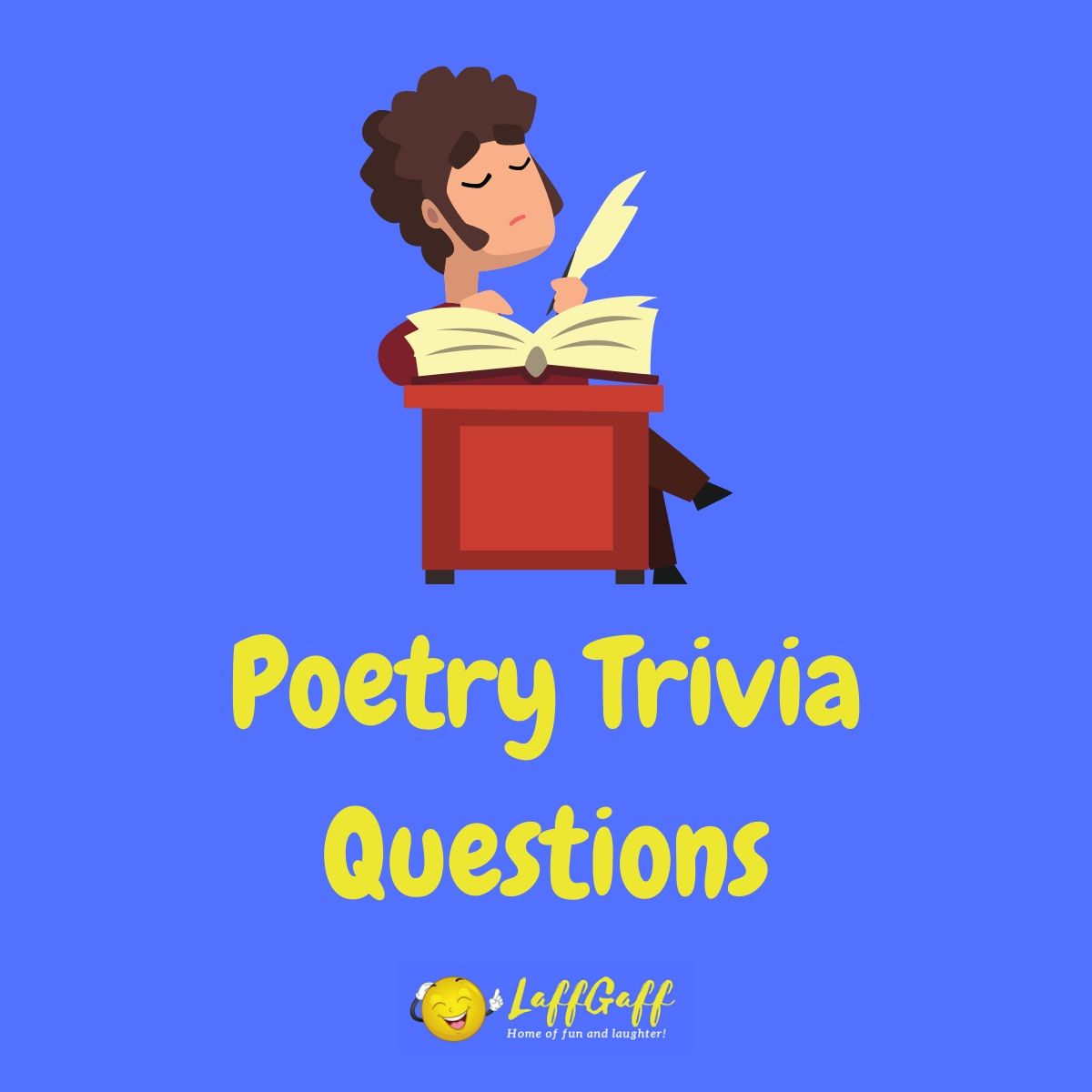Question: Which ancient Roman poet wrote the epic poem Aeneid?
Show answer
Virgil.
The epic poem “Aeneid” was penned by the ancient Roman poet Virgil, also known by his Latin name, Publius Vergilius Maro. Born on October 15, 70 BCE, in a small village near Mantua in Northern Italy, Virgil emerged as one of the most celebrated poets in Roman history, holding a significant place in Western literature.
The “Aeneid” is Virgil’s magnum opus, an epic narrative that chronicles the journey of Aeneas, a Trojan hero and the progenitor of the Romans. The poem serves not only as a captivating story but also as an important piece of propaganda for the Augustan regime. It bridges the world of myth with the historical reality of Rome, thereby establishing a divine lineage and legitimacy for the rule of Caesar Augustus, the Roman emperor during Virgil’s time.
Structured in twelve books, akin to the “Iliad” and the “Odyssey” by Homer, the “Aeneid” can be divided into two parts. The first half, mirroring the “Odyssey,” recounts Aeneas’s perilous journey from Troy to Italy after the fall of his city. Encountering various challenges, including his ill-fated romance with Dido, the queen of Carthage, Aeneas remains resolute, driven by his fate to establish a new city for his people. The second half, reminiscent of the “Iliad,” portrays the fierce battles Aeneas undertakes against local tribes in Italy to secure a place for the future city of Rome.
Throughout the narrative, themes of duty, fate, piety, and the cost of empire resonate, reflecting the values and the grand vision Augustus had for the Roman Empire.
Virgil worked on the “Aeneid” for over a decade, from approximately 29 BCE until his death in 19 BCE. Legend has it that he died before putting the finishing touches on the poem and requested it be destroyed. However, Augustus intervened, ensuring its publication and preserving it for posterity.
Today, the “Aeneid” stands as a literary testament to Rome’s magnificence, embodying the cultural and political ideals of its time. It has inspired countless writers and poets over the millennia and remains an essential work in the canon of classical literature.



